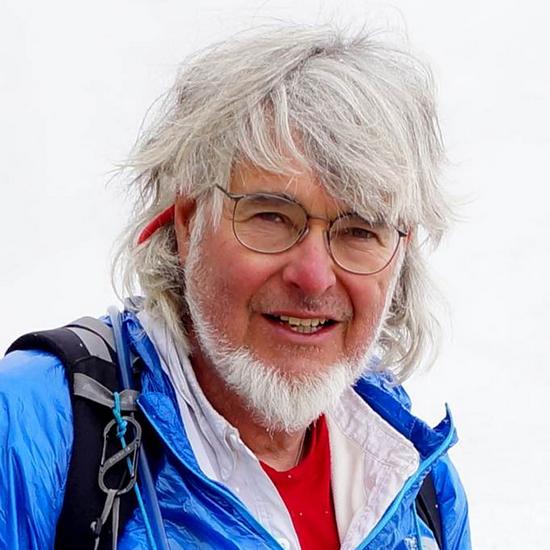Bill Earnshaw is a cell biologist who studies how DNA is packaged into condensed chromosomes and how the movements of those chromosomes are controlled when a cell divides into two. Correct chromosome segregation is important for avoiding birth defects and some types of cancer.
Bill began his work on chromosomes working with viruses that infect bacteria, known as bacteriophages. He developed the first detailed model of how DNA is packed inside the virus heads. He was the first to use autoantibodies from human patients to identify proteins of the centromere — the point where a chromosome attaches to the spindle (the scaffolding on which chromosomes move during cell division).
More recently, Bill designed a method for creating the first artificial human chromosome, which he now uses in his research. He is the co-author of a text book, Cell Biology (2002), used by undergraduate-level students of the biosciences throughout the world. Bill is a member of EMBO, the European Molecular Biology Organization, and a Fellow of the Royal Society of Edinburgh and the Academy of Medical Sciences.
Professional position
- Wellcome Principal Research Fellow and Professor of Chromosome Dynamics, Institute of Cell Biology, University of Edinburgh
Subject groups
-
Molecules of Life
Biochemistry and molecular biology, Cell biology (incl molecular cell biology)

